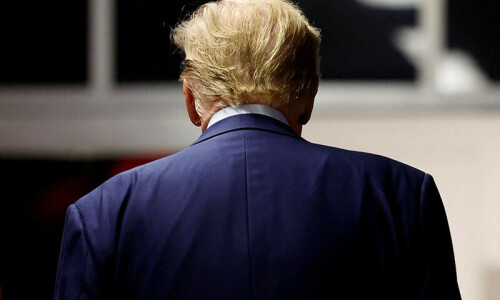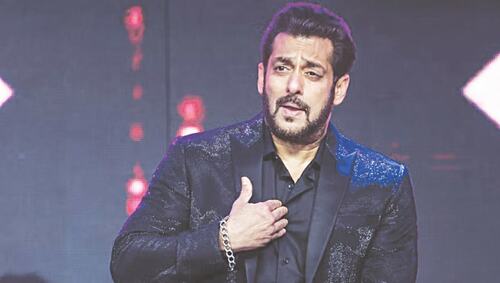ROME: China’s vice minister for agriculture was elected on Sunday to lead the United Nations’ Food and Agriculture Organisation (FAO), the first Chinese national to run the 74-year-old agency at a time when climate change is leaving more people hungry.
Qu Dongyu beat French candidate Catherine Geslain-Lanelle — an agronomy engineer who would have been the agency’s first female head — and Georgia’s former Minister of Agriculture Davit Kirvalidze.
Candidates from India and Cameroon withdrew before the elections.
Qu, 55, a biologist by training, received 108 votes out of 191 nations. His four-year tenure as the FAO’s ninth director-general will run from August 2019 to July 2023.
In his victory speech, Qu said he was grateful to China whose decades of successful reform and open door policy made him who he is.
“I will be committed to our original aspiration, mandate and missions of the organisation ... I will uphold the principles of fairness, openness, justice and transparency,” he said. “Let us join hand-in-hand to build the dynamic FAO for the better world.”
The Rome-based FAO has a budget of $2.6 billion for 2018 and 2019, employs nearly 6,000 people and works in more than 130 countries with governments to reduce rural poverty and hunger.
Robyn Alders, senior scientific advisor for the London-based think tank Chatham House, said that Qu receiving a clear majority after a single round of
voting “was an impressive achievement”.
However, he is taking over at a crucial time, she added in an e-mail, with just over 10 years left to meet 17 global goals adopted in 2015 by UN members states to tackle some of world’s most pressing issues, including ending hunger.
“There are urgent issues to address if poor progress on achieving these goals are to be overcome,” said Alders.
She pointed to the continued stagnation of production and incomes for small farmers and a decline in international development investment in agriculture as examples.
The elections come at a time of rising populism and nationalism with major powers cutting aid budgets, including the United States — the FAO’s largest funder.
Experts have called for the new FAO head to show strong leadership in tackling rising hunger and climate change threats.
Published in Dawn, June 24th, 2019

















































Dear visitor, the comments section is undergoing an overhaul and will return soon.